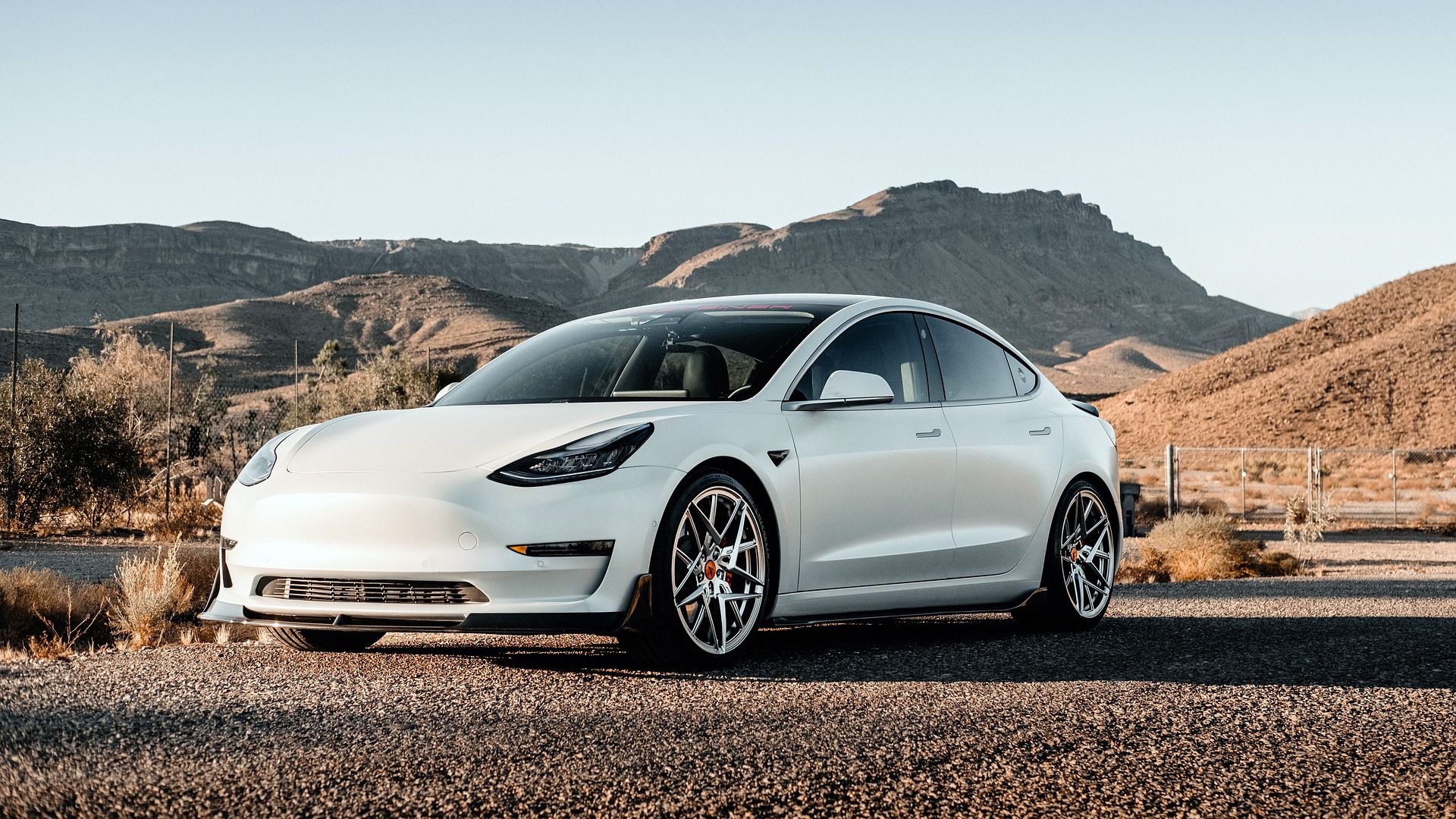Shifting Gears: The Noteworthy Shift from Diesel to Petrol Engines
Imagine the roar of a diesel engine, a familiar sound that has powered our journeys for decades. But the automotive landscape is changing, and the once-dominant diesel is giving way to petrol engines. What's driving this shift? And what does it mean for drivers and the industry at large? Buckle up as we delve into this intriguing transition.

Diesel to Petrol: A Historical Overview
Diesel engines were once the preferred choice for many drivers, especially those looking for long-distance efficiency and torque. Invented by Rudolf Diesel in the late 19th century, diesel engines offered superior fuel economy and were ideal for heavy-duty tasks, making them a staple in commercial vehicles and larger passenger cars. However, the advent of advanced petrol engine technologies in the late 20th century, combined with environmental concerns and changing customer preferences, has been steadily eroding diesel’s market share.
Current Industry Trends
While diesel is far from extinct, there’s no denying that petrol engines are surging in popularity. This shift has been particularly noticeable in Europe, where diesel sales have seen a significant decline. Several factors are contributing to this change. Petrol engines have become more efficient, with downsizing and turbocharging technologies squeezing more power out of smaller displacements. Moreover, public perception of diesel has been tainted by scandals involving emissions cheating. Finally, the tightening of environmental regulations has made the production of diesel engines more costly.
The Impact of the Shift
This shift from diesel to petrol is having profound effects on the automotive industry. For car manufacturers, it means recalibrating their production lines and investing in new technologies. For drivers, it could mean changes in driving dynamics and fuel costs. On a broader scale, this shift could have significant environmental implications. While modern petrol engines produce fewer NOx emissions than their diesel counterparts, they tend to emit more CO2. Thus, while the shift away from diesel might help improve air quality in urban areas, it could also contribute to global warming.
Challenges and Opportunities
The transition from diesel to petrol is not without challenges. For one, there’s the issue of infrastructure. Many countries have built their fuel distribution networks around diesel, and transitioning to petrol dominance may require significant investments. On the other hand, the shift presents an opportunity for innovation. As manufacturers focus more on petrol engines, they are likely to invest in technologies that make these engines even more efficient and environmentally friendly.
Conclusion
The shift from diesel to petrol engines is a fascinating trend that reflects the dynamic nature of the automotive industry. Amid changing consumer preferences and evolving emission norms, petrol engines are making a strong comeback, reshaping the automotive landscape. This transition, while challenging, also represents an exciting opportunity for innovation and progress in our never-ending journey towards better, cleaner, and more efficient transportation.




